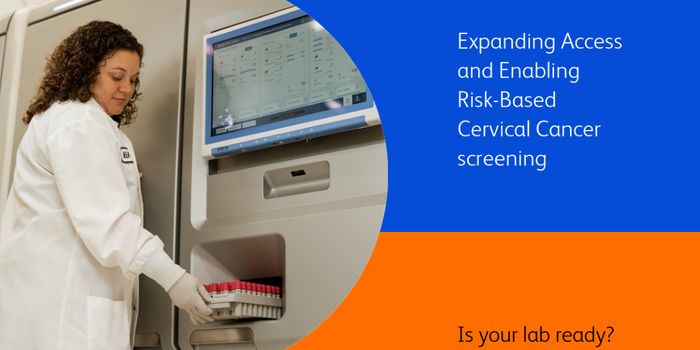AcroMetrix BCR-ABL External Molecular Panel: An Accurate Testing Method for Chronic Myeloid Leukemia
To support the validation and verification of new assays and to challenge the existing assays in oncology testing, Thermo Fisher Scientific launches Thermo Scientific Acrometrix BCR-ABL Panel. The product provides innovative standards for analytical BCR-ABL test methods in chronic myeloid leukemia (CML) disease.
Chronic myeloid leukemia (CML) is a cancer of the blood-forming cells, called myeloid cells, found in the bone marrow. In CML, the bone marrow produces more white blood cells that usually are involved in fighting infection.
BCR-ABL1 is a gene sequence that confirms the diagnosis of Chronic Myeloid Leukemia (CML), persistent bone marrow cancer. The detected gene is present in abnormal chromosome 22 of humans. In CML, part of chromosome 9 breaks off and bonds to a section of chromosome 22, forming the fusion chromosome. The abnormal BCR-ABL1 gene encodes an abnormal protein (tyrosine kinase) that is responsible for the development of CML.
Different testing types (cytogenetics, fluorescence in-situ hybridization, genetic molecular) are available to diagnose CML. The Acrometrix BCR-ABL external control panel is launched to quantitate BCR-ABL RNA accurately. The first of its kind, the product is useful to make a critical, timely, patient treatment decisions. The test product intends for research-use-only. The testing method can monitor assay performance at every clinical stage due to its expanded dynamic range.
"The Acrometrix BCR-ABL Panel is the first full-process molecular control for challenging validated BCR-ABL assay performance, providing researchers and laboratorians with greater confidence utilizing a highly characterized product," said Fernando Beils, vice president and general manager of Clinical Diagnostics for Thermo Fisher. "Additionally, this new molecular control panel is traceable to the new World Health Organization (WHO) standards for genetic reference panels for the quantitation of BCR-ABL. This provides assurance to laboratory staff that there is accuracy in the measurement of their assay results."
Sources: AmericanCancerSociety, ThermoFisherScientific








